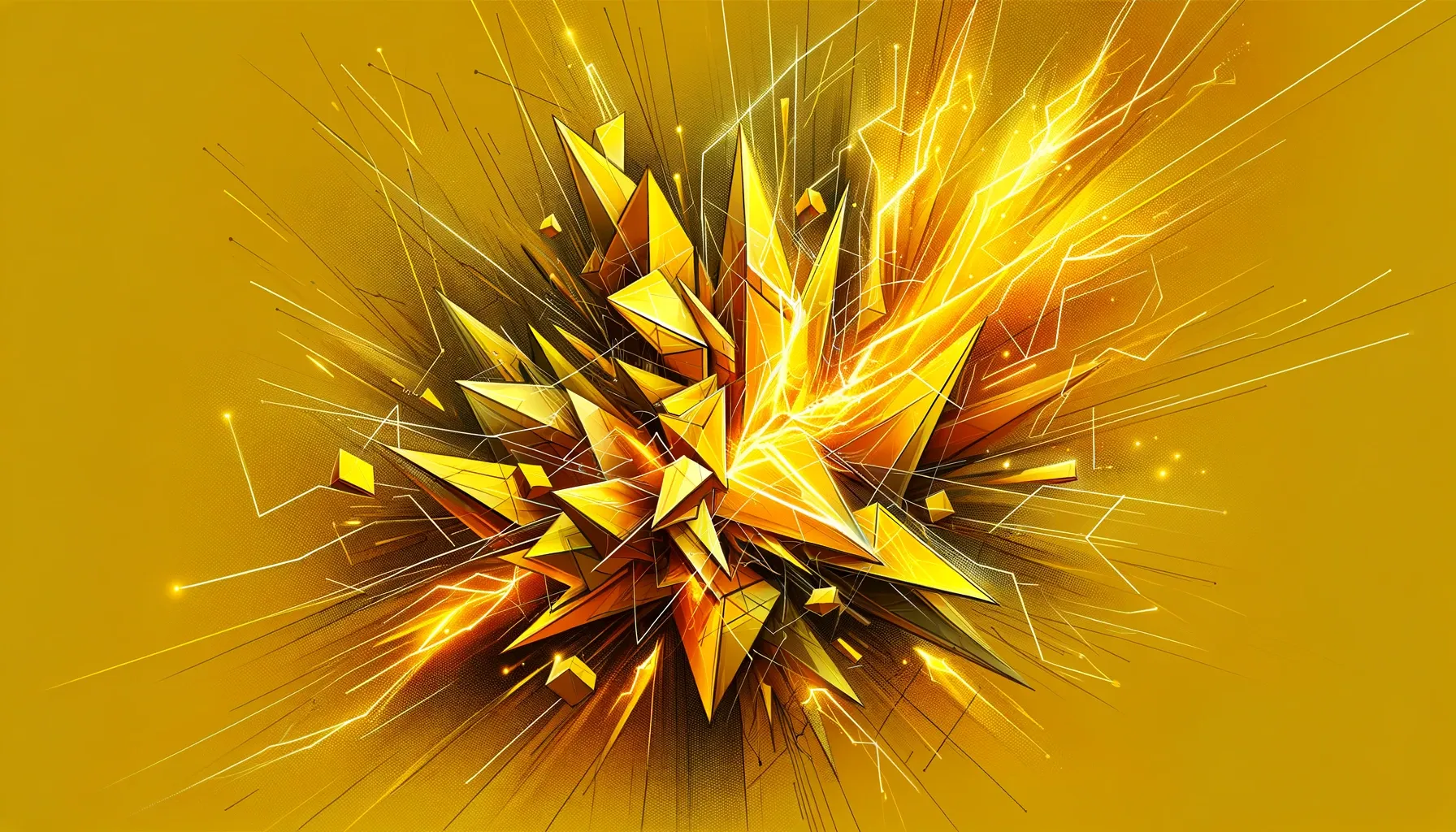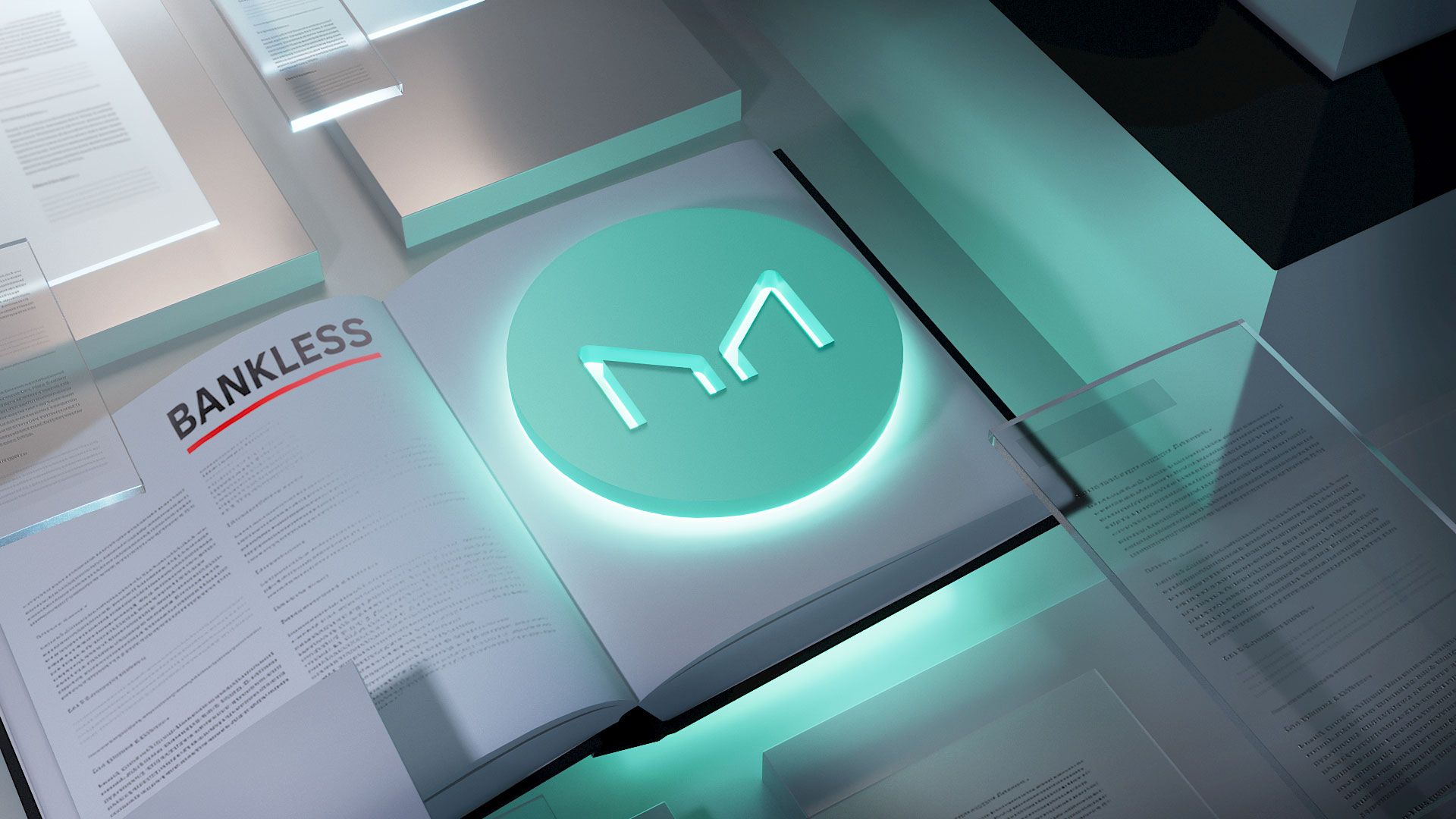Spark: Maker's Rising DeFi Star

Earlier this week, we unpacked the latest plans for Maker's ambitious Endgame roadmap. A major part of that transition involves Spark's community launching the first of Maker’s SubDAOs, as well as the SPK token.

We've covered Spark Protocol previously, but Maker is probably my favorite DeFi project so I wanted to dig into what they've been up to over the past year.
Back in 2018, I started using Maker's first implementation to borrow DAI stablecoins against ETH. The idea? Pay for things in real life while avoiding tax implications and without selling my ETH.
In 2019, I participated in the migration from the Single-Collateral DAI system to the modern Multi-Collateral DAI architecture, creating one of the first 200 MCD Vaults ever made, which I still use to this day nearly 5 years later.
All that said, I’m a longtime Maker user, and from that vantage one of the coolest things to watch in recent years has been the rise of excellent new tooling around the protocol. Two projects that come to mind here are Summer.fi and Spark.
Right now, Spark, a DAI lending protocol, is particularly interesting because:
- Its total value locked tripled to +$3B over the past six months, indicating real traction and momentum.
- It’s a core pillar of the Maker Endgame plan, which, in my opinion, is the most ambitious DeFi evolution in the works today.
As part of the Endgame process, Maker will introduce new infrastructure to its ecosystem, all aimed at enhancing the attraction and retention of capital within its network. One of the new infra pillars here will come via the rollout of SparkDAO, marking the official debut of Maker’s SubDAOs system, alongside the protocol’s SPK token launch.
So, long story short, Spark taps into one of the best, most battle-tested, and most promising DeFi projects. It’s got great rates on DAI. And it’s got a token coming. Naturally, this is the kind of project that’s worth paying attention to right now.
Zooming in, Spark has two main offerings: SparkLend and sDAI.
SparkLend is a money market protocol where users can lend or borrow or lend DAI. It’s plugged directly into Maker and integrated with other top DeFi protocols like Aave, so its DAI liquidity is top-notch.
As for sDAI, or Savings DAI, it’s a stablecoin that earns interest, functioning through an ERC-4626 wrapper for DAI within the Dai Savings Rate (DSR) module of Maker. By converting DAI into sDAI on Spark, holders can earn revenue generated across the Maker ecosystem while still having the flexibility to use their sDAI in other DeFi apps.
If you’re interested in getting started with Spark, I’d personally recommend beginning with sDAI. It’s straightforward: deposit DAI, then hold or use sDAI, earn over time, and convert back to DAI on Spark whenever you please. That’s all it takes! Currently, depositors are earning 15% annually, which is nice, especially if you’re a regular Maker and DAI user.
As with any project in DeFi, though, there’s the potential for smart contract risks here, e.g., a latent bug. Spark has been audited, and the underlying Maker protocol is a proven fortress, but still, never deposit more than you can afford to lose anywhere, not even in something as shiny as Spark.
Also, I hate to be the bearer of bad news, but sorry my fellow Americans: the Spark frontend geo-blocks U.S. users. Even VPNs are blocked. It’s not Spark’s fault; it’s the fault of America’s political leadership across the board for allowing an anti-crypto environment to take root in the U.S.
Regrettable, but that’s the unfortunate reality we find ourselves in when it comes to DeFi in the U.S. these days. If you find this atmosphere ridiculous and you’re an American, I encourage you to call or write your local congressional representatives and let them know why it’s absurd that you can’t use a project like Spark when you’re a free person in a freedom-loving nation!
In the meantime, for everyone else, keep an eye out for the debut of SparkDAO and the SPK token, slated for May 2024. It’s going to be one of the big early steps in Maker’s Endgame transition. Also, stay up to date on the pulse of Spark by tracking Spark dashboards from BlockAnalitica and DeFiLlama.

